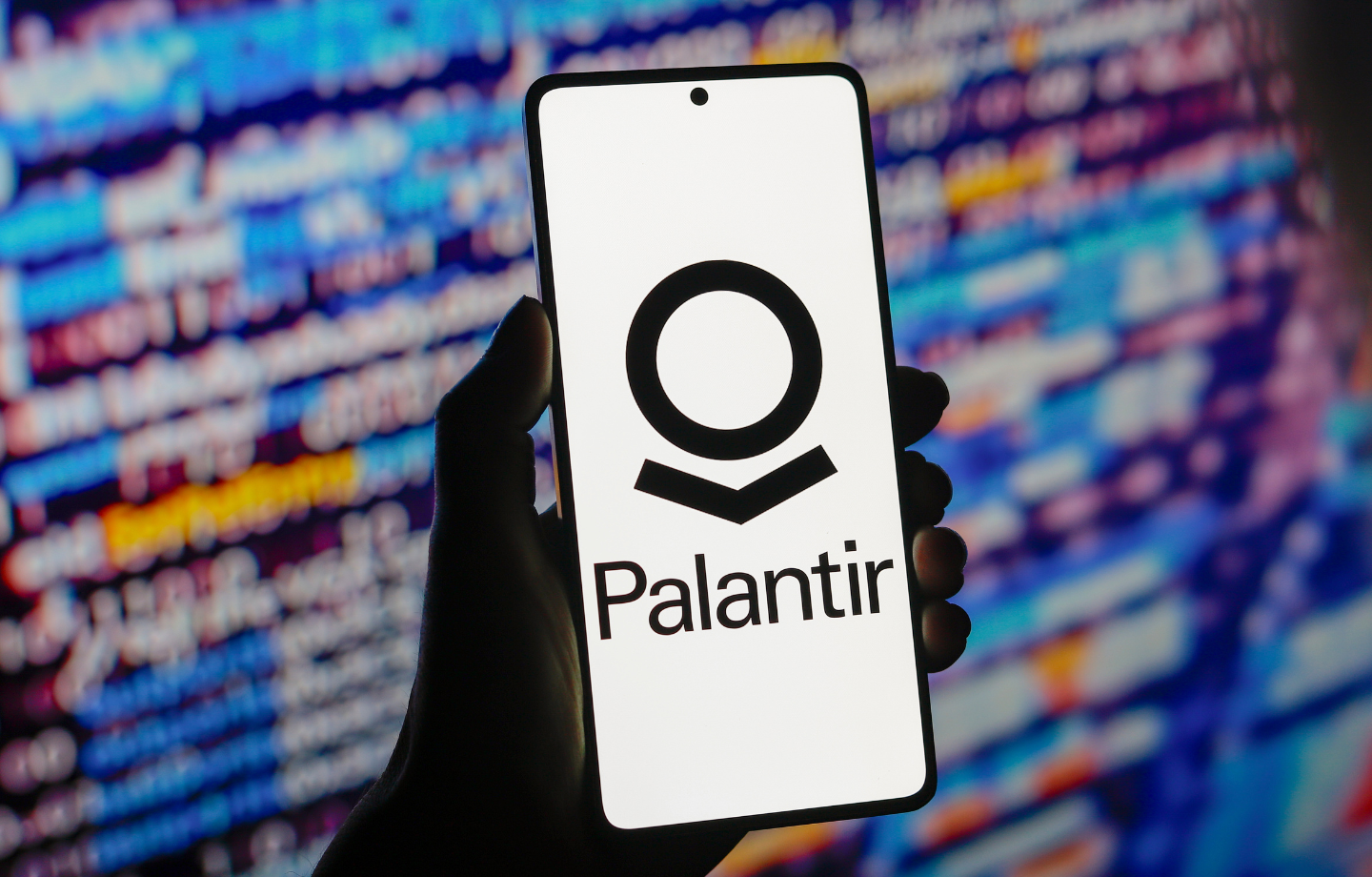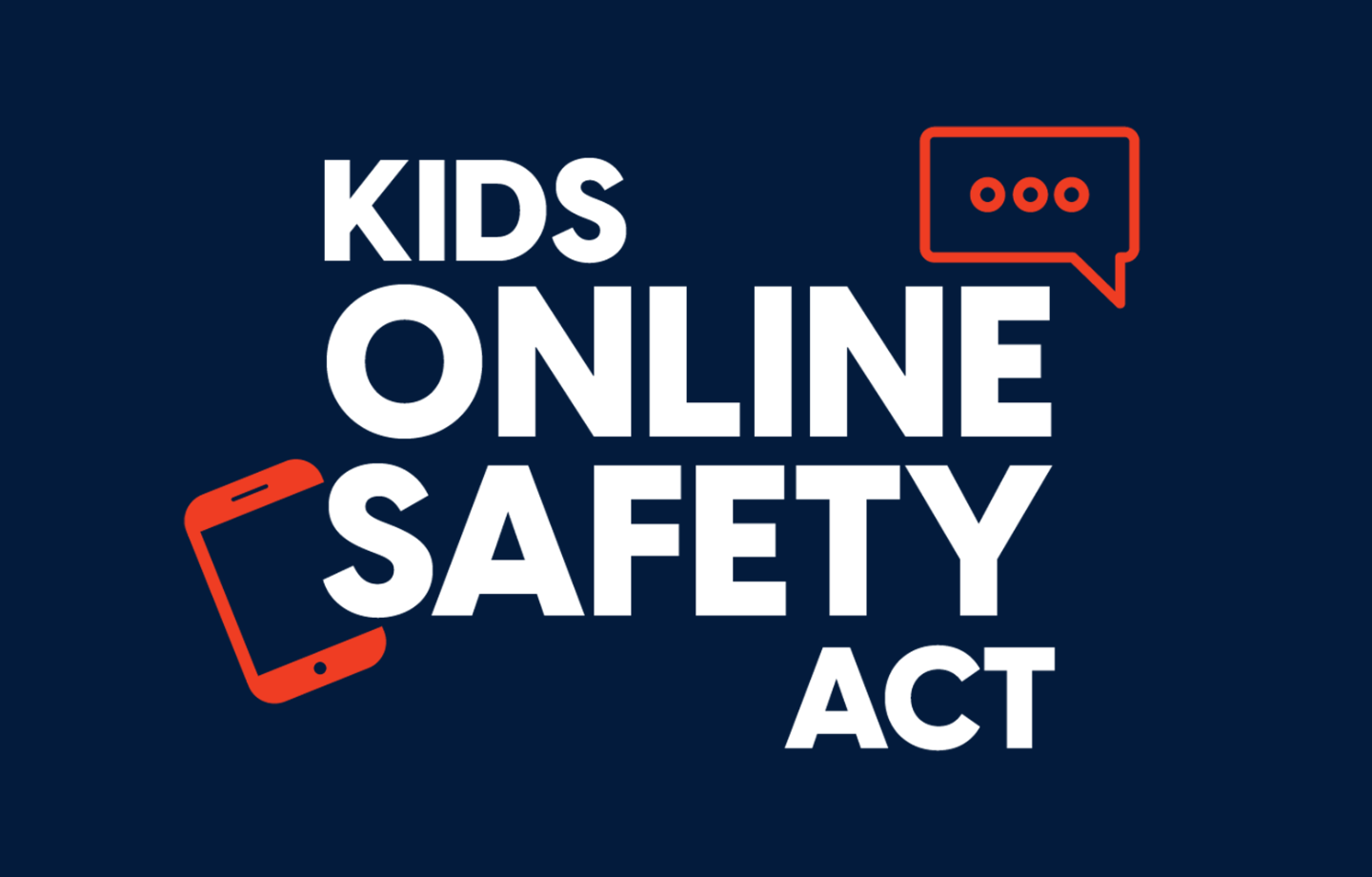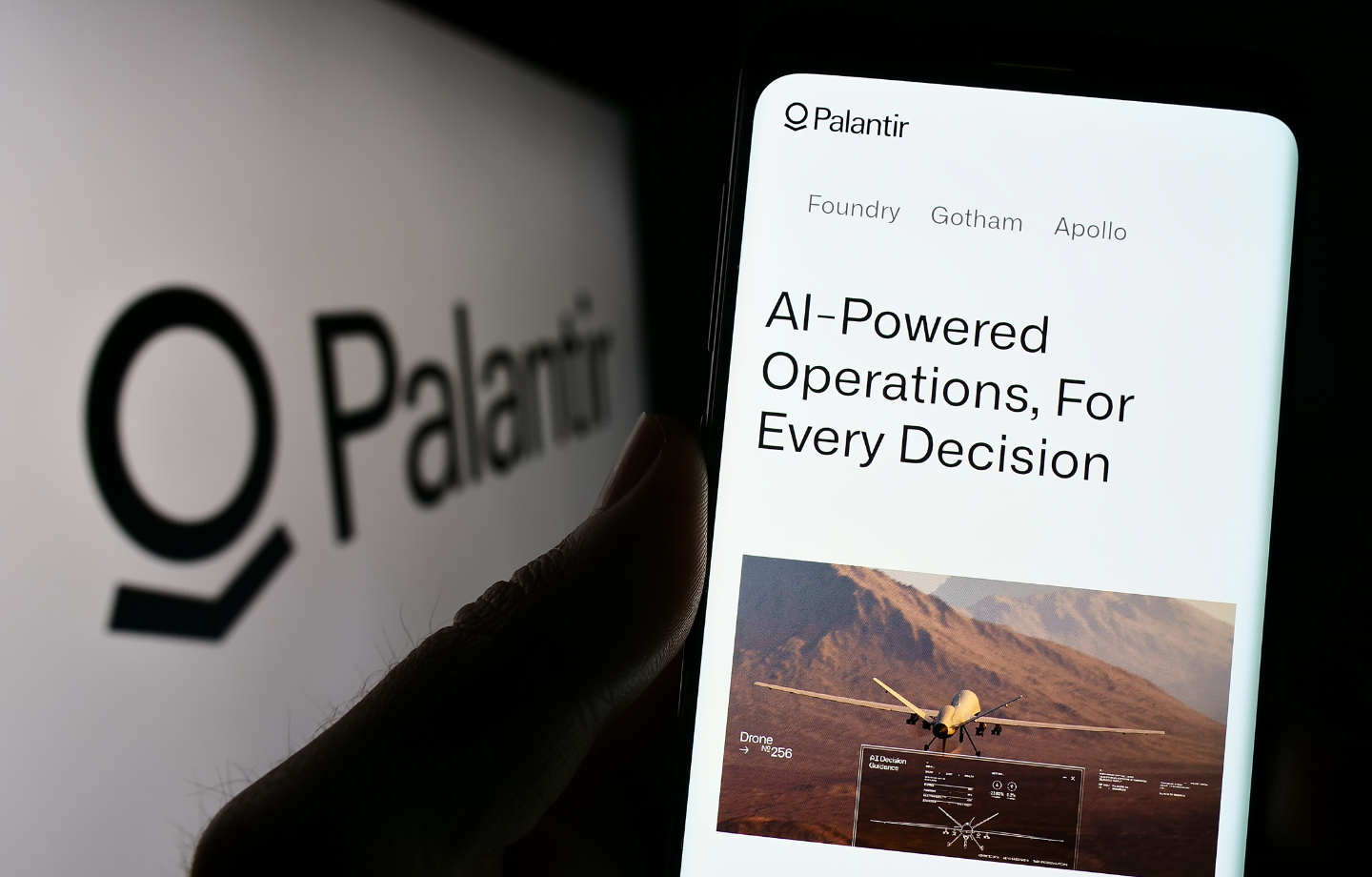May Repudiates Russian Information Warfare but Misses an Opportunity to Challenge Platforms

November 14, 2017
British Prime Minister Theresa May helpfully reminded us that Russia’s politically motivated online disinformation constitutes a threat to human rights. In what the U.K. Guardian called an “extraordinary attack” May accused Vladimir Putin’s government of attempting to “weaponize information” to interfere with elections in Europe and the United States.
“I have a very simple message for Russia,” May said in a November 13 speech to a business audience in London. “We know what you are doing. And you will not succeed. Because you underestimate the resilience of our democracies, the enduring attraction of free and open societies, and the commitment of western nations to the alliances that bind us.”
May didn’t get into technicalities, but Article 21 of the 1948 Universal Declaration of Human Rights refers to the right to participate in government and in free elections. With that provision, among others, in mind, the NYU Stern Center for Business and Human Rights recently released a report urging Internet platforms like Facebook, Twitter, and Google to act more vigorously in countering online disinformation, such as Russian operatives’ digital interference in the 2016 U.S. presidential election.
The contrast between May’s forceful speech and President Donald Trump’s refusal to point a finger at the Russians could not have been starker. On November 11, Trump suggested that he believed Putin’s denials of an official Russian attack on the campaign that resulted in Trump’s victory a little more than a year ago.
May framed Russia’s information warfare as one of a series of unsettling and dangerous moves. “Russia’s illegal annexation of Crimea was the first time since the Second World War that one sovereign nation has forcibly taken territory from another in Europe,” she said. “Since then, Russia has fomented conflict in the Donbas [eastern Ukraine], repeatedly violated the national airspace of several European countries, and mounted a sustained campaign of cyber espionage and disruption. This has included meddling in elections, and hacking the Danish Ministry of Defense and the Bundestag, among many others.”
Despite her unusually specific accusation of Russia, May didn’t address clearly how Britain would respond to Russia’s digital attacks. In reaction to old fashioned Russian expansionism, she called for reform of NATO and noted stepped up British military and economic support for Ukraine. As for countering digital incursions, she said only that the U.K. is “strengthening our cyber security and looking at how we can tighten our financial regimes to ensure the profits of corruption cannot flow from Russia into the U.K.”
That’s fine as far as it goes. But May missed an opportunity to issue a challenge to the social media and search platforms that Russian operatives and others have used to disseminate harmful content online.
As we argue in our report, Facebook, Twitter, and Google can—and should—do more, using refined algorithms and increased human oversight, to identify and marginalize phony news reports, fake political ads, and other foreign-generated posts intended to divide voters. If the companies don’t act swiftly, they risk politicians like May ordering them to do so with the force of law—a prospect that could lead to government overreaching and official censorship.
 Technology & Democracy
Technology & Democracy


